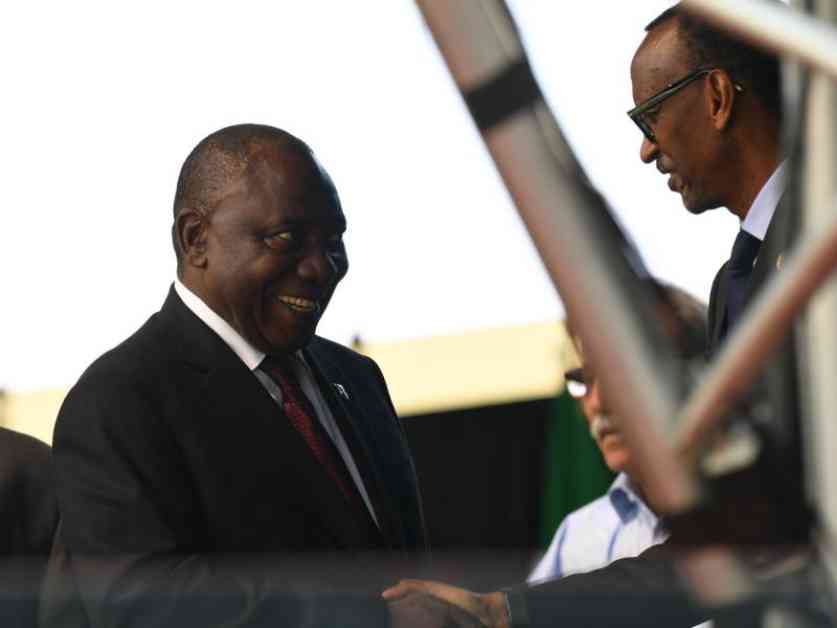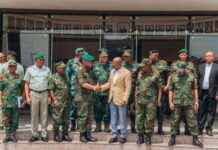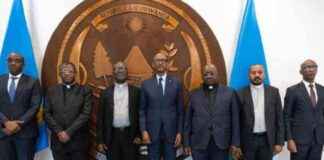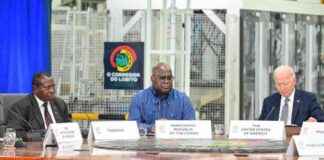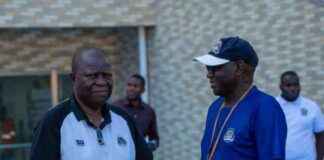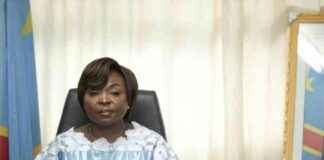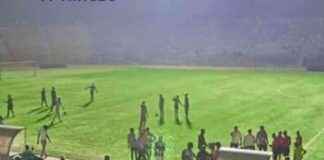Tensions Rise Between Kagame and Ramaphosa Following Deaths of South African Soldiers in DRC
In the wake of escalating security tensions in the Democratic Republic of Congo, a war of words has erupted between Rwandan President Paul Kagame and his South African counterpart, Cyril Ramaphosa. The conflict was ignited by the tragic deaths of South African soldiers involved in the Southern African Development Community (SADC) mission in the DRC.
In a statement released on Tuesday, Paul Kagame accused South African authorities of distorting facts, launching deliberate attacks, and even spreading falsehoods regarding recent exchanges about the situation in the DRC. “If words can change so dramatically between a conversation and a public statement, it speaks volumes about how these critical matters are being handled,” remarked the Rwandan president.
Kagame vehemently denied Pretoria’s allegations of Rwanda’s involvement with the M23 rebel group and labeled the SADC mission in the DRC (SAMIDRC) as a “belligerent force.” He accused SAMIDRC of fighting alongside the Congolese Armed Forces (FARDC) and armed groups he perceives as a threat to his country. “SAMIDRC is not a peacekeeping force; it has no place in this situation,” Kagame asserted.
Furthermore, Kagame refuted claims that Ramaphosa had issued any warnings to him, stating that his South African counterpart had merely requested logistical support for the troops in the DRC. He also contended that it was the FARDC, not the M23, that had killed the South African soldiers.
In a stern warning, Kagame cautioned that South Africa “is not in a position to play a mediating or peacekeeping role” and cautioned against any confrontation, asserting, “If South Africa prefers confrontation, Rwanda will address this issue in that context, at any time.”
Ramaphosa Denounces Rwanda’s Involvement
A few hours before Kagame’s statement, South African President Cyril Ramaphosa paid tribute to the thirteen soldiers killed in the DRC. He directly implicated the M23 rebels and the “Rwandan army militias” in the clashes with the FARDC and SAMIDRC forces.
“Their sacrifice will not be in vain,” declared Ramaphosa, urging South Africans to support the troops deployed in the DRC. He reiterated that the South African mission in the DRC “is not a declaration of war against a country or state” but is part of efforts by SADC and the United Nations to stabilize the region.
Ramaphosa emphasized the importance of respecting the DRC’s territorial integrity and reiterated his support for diplomatic initiatives, including the Luanda and Nairobi processes. “We must silence the guns on our continent to achieve inclusive and sustainable development,” he concluded.
As the verbal sparring between Kigali and Pretoria intensifies, the situation in eastern DRC remains critical. The ongoing fighting around Goma and Sake has drawn international calls for an immediate cessation of hostilities.
The conflict between Kagame and Ramaphosa underscores the complexities and challenges facing the region and serves as a stark reminder of the fragile peace that hangs in the balance in the DRC. The repercussions of this feud could have far-reaching implications for stability in the region and demand careful diplomatic navigation to prevent further escalation.
